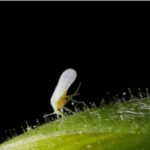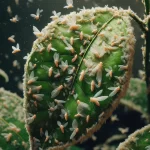Whitefly, more than a mere nuisance, poses a significant threat to global agriculture. This article examines in detail the damage caused by whiteflies to various crops and how these impacts affect farmers and the food industry.
Direct Damage to Crops Caused by Whiteflies
Whiteflies’ feeding causes direct damage to plants. These insects suck sap, weakening the plant and reducing its productivity and quality. Common symptoms include leaf yellowing, wilting, and stunted growth.
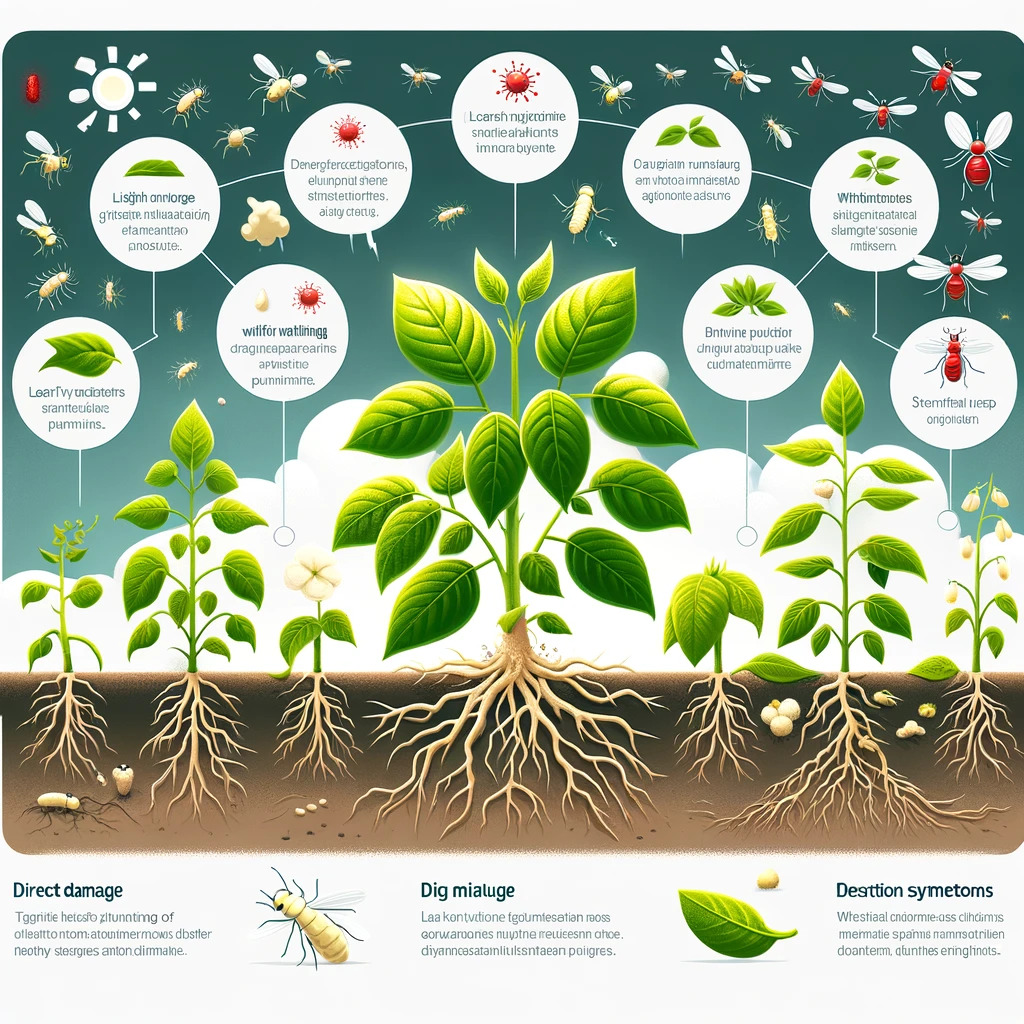
Transmission of Viral Diseases
A significant impact of whiteflies is their role in transmitting viral diseases. These viruses can devastate entire crops, posing a serious threat to food security.
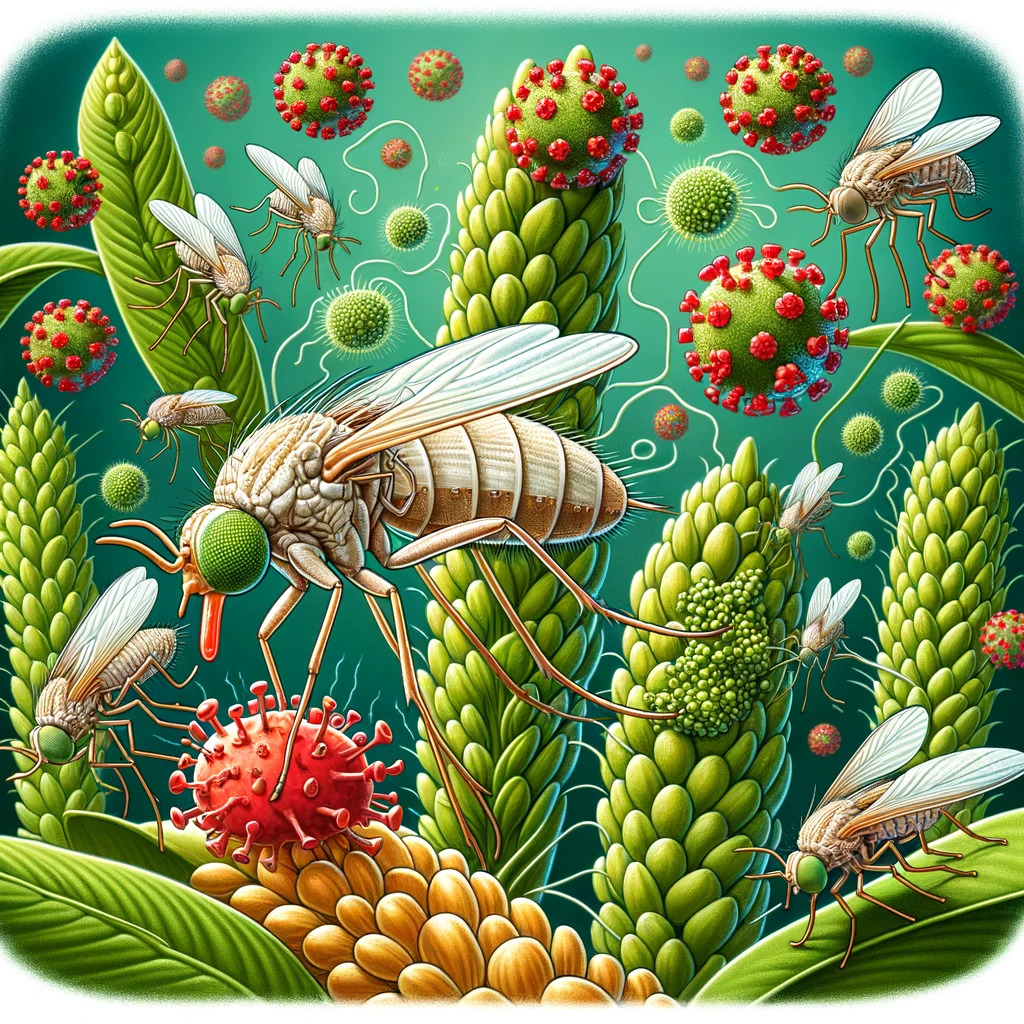
Promotion of Black Mold
Whiteflies’ secretion of honeydew promotes the growth of black mold on plants. This fungus is not only unsightly but can also interfere with photosynthesis and further reduce plant health.

Economic Impact on Agriculture
The damage caused by whiteflies has a considerable economic impact, including the cost of control, yield loss, and decreased product quality, affecting farmers’ profitability.
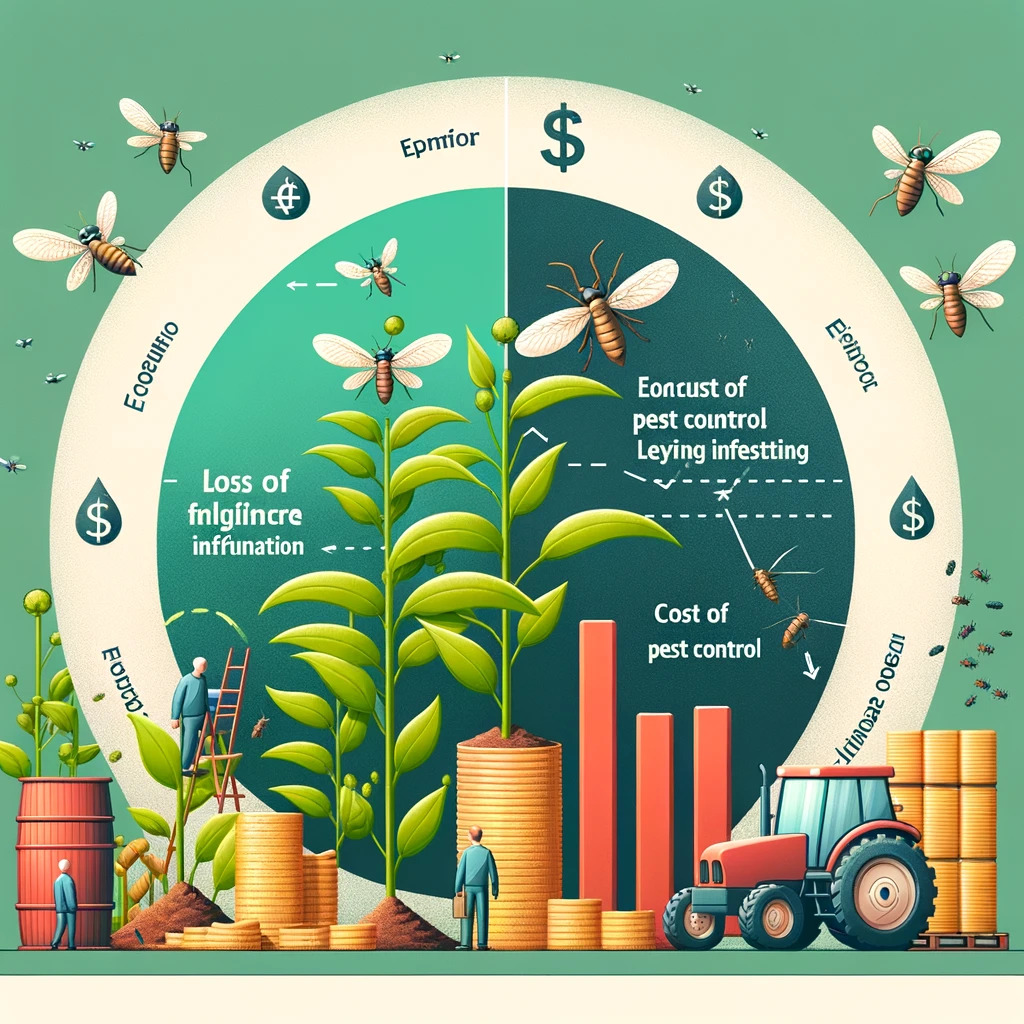
Conclusion: The Need for Effective Management Strategies
Understanding the impact and damage caused by whiteflies is crucial for developing effective management strategies. This knowledge helps farmers implement preventive and control measures to protect their crops and livelihoods.
 AgronoBlog – Agriculture Blog
AgronoBlog – Agriculture Blog 